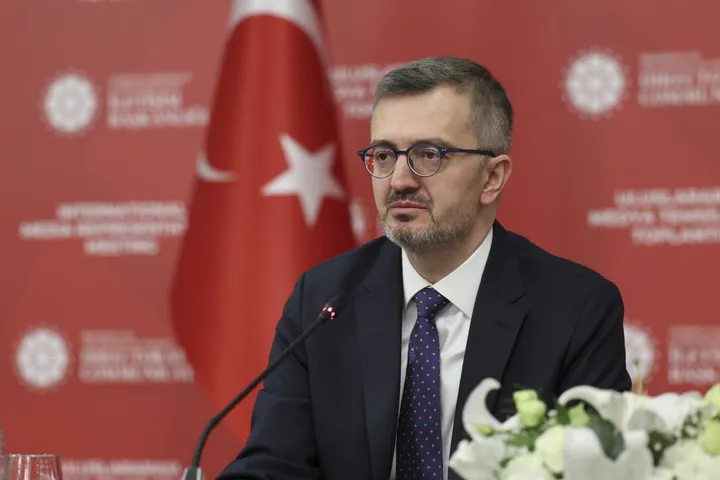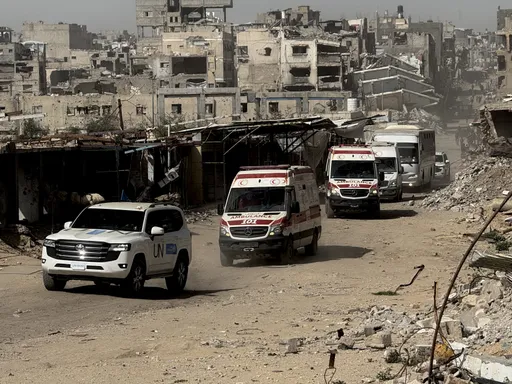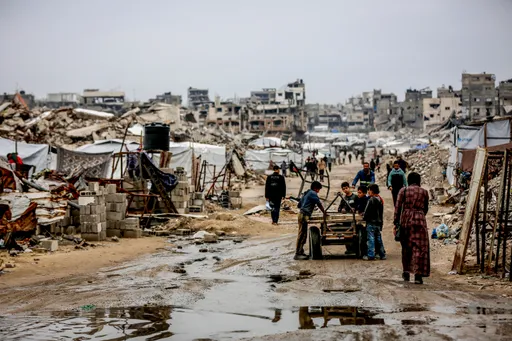Turkish President Recep Tayyip Erdogan has urged Muslim-majority countries to “step up unique efforts to ease currency pressure on our economies, including using local currencies for trade."
Speaking during a virtual meeting of the Organisation of Islamic Cooperation's (OIC) Standing Committee for Economic and Commercial Cooperation (COMCEC) on Wednesday, Erdogan said COMCEC members have been working on this for some time, but have yet to achieve the coordination they want.
Turkey has long advocated more use of local currencies for international trade instead of the dollar or euro.
"As Islamic countries, the more we produce, the more we strengthen our economies,” he stressed.
“We should take steps towards value-added production and trade instead of export structures based on raw materials or semi-finished products," the president added.
READ MORE: Turkey pledges to enhance financial institutions, democracy
The future will see the world’s interest-based economic system replaced by participation based on risk-sharing, said Erdogan.
"In this case, it is important to expand the use of products such as Sukuk to finance large long-term infrastructure investments," he said.
A Sukuk is an Islamic financial certificate, similar to a bond in Western finance, which complies with Islamic law.
Saying that COMCEC countries should take active measures to prevent the coronavirus pandemic from harming foreign trade, Erdogan added, "The steps we will take to boost trade among COMCEC member countries are important."
‘Islamophobia protected by European heads of state’
On anti-Muslim sentiment, Erdogan said that in some European countries “the plague” has become “a policy that is personally protected by the head of state.”
In recent days, Erdogan has singled out French President Emmanuel Macron for his anti-Muslim policies.
Muslims are being subjected to the same campaign of hatred that Jews faced in Europe before World War II, Erdogan told the meeting.
“Fighting anti-Islam prejudice and xenophobia is a requirement of our responsibility towards our brothers and sisters living in those lands,” Erdogan stressed, adding that Islamic countries have to fight the “cultural racism that surrounds the West like a plague” within law and democracy by using international platforms.
Last month, Macron accused French Muslims of "separatism," and described Islam as a "religion in crisis."
Macron's remarks and his defense of offensive cartoons of the Prophet Muhammad have triggered boycotts of French products in several countries, including Qatar, Kuwait, Algeria, Sudan, Palestine, and Morocco.
'Taking care of Jerusalem program'
“We have launched a new program within COMCEC to take care of Jerusalem,” a holy city for Muslims and possible capital of a Palestinian state, Erdogan said.
“Through this program, we aim to both strengthen its economy and improve the socio-economic situation of the people of Jerusalem,” he said.
COMCEC member states are sure to fully support the program, which will enhance the welfare of people in the occupied holy city, he said.
“The unity, solidarity, and effective cooperation among us will be the key to our success in the Palestinian cause and in other fields,” he said.
Palestinian territories, including the West Bank, East Jerusalem, and Gaza, have been occupied by Israel since 1967.
The Palestinians want the territories back for the establishment of a future Palestinian state.























